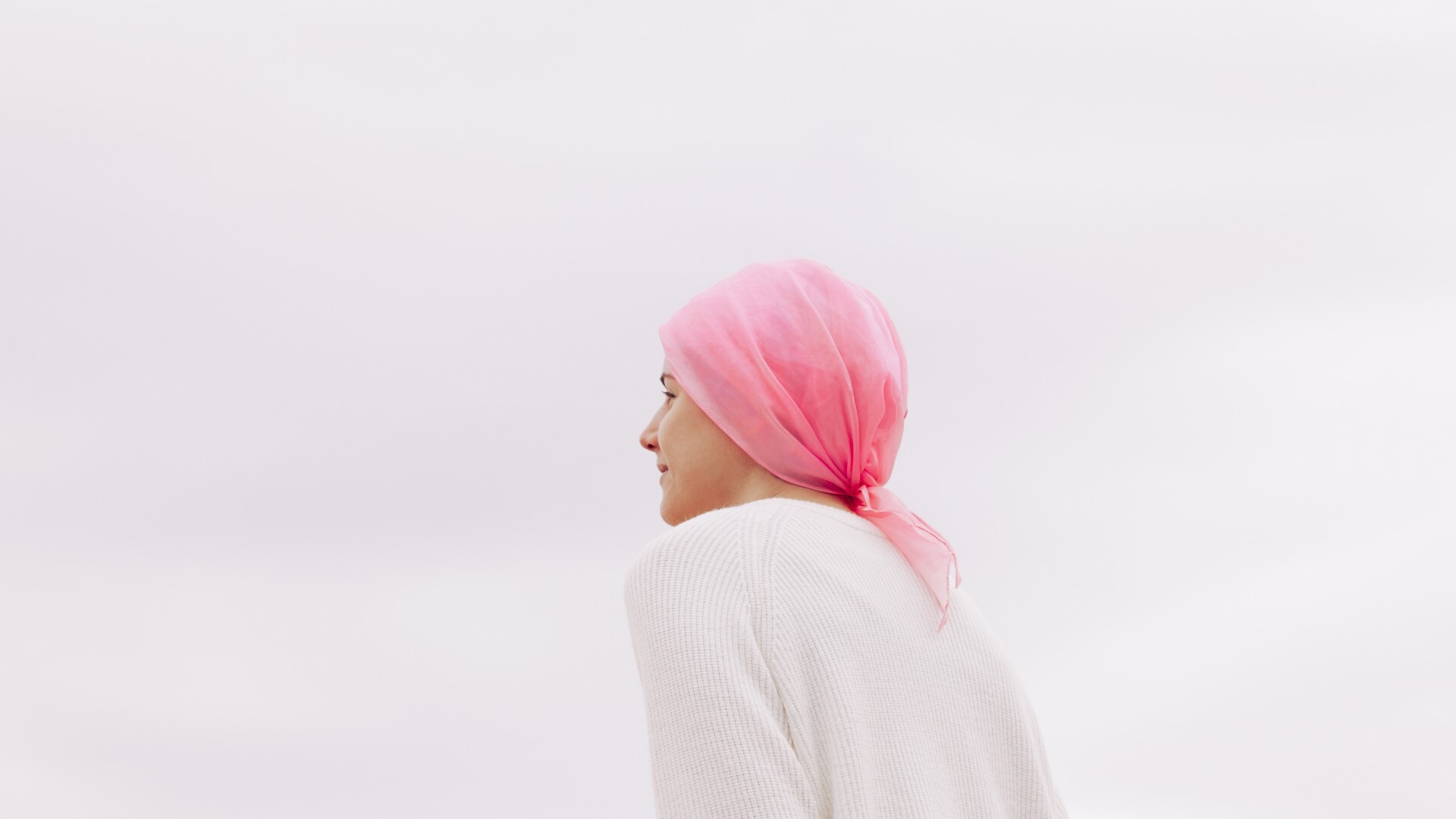One in eight women will develop breast cancer throughout his life. In this 2022 alone, 34,750 new cases are estimated, according to the forecasts of the Spanish Society of Medical Oncology (SEOM). But the dreaded diagnosis does not mean today as it did 20 years agonor will it be the same in 10 years, thanks to medical research.
“We have identified that breast cancer is a more heterogeneous disease than we thought. It is biologically different, with different subtypes (…) so that we try to personalize the treatment “Dr. José Ángel García Sáenz, member of the Executive Committee of the GEICAM Group for Breast Cancer Research, explains to RTVE.es.
In the International day against the disease, the oncologist recalls that eight out of ten women exceed five years from the initial diagnosis, but metastases continue to be a sword of Damocles on patients: 30% of those diagnosed early suffer from a relapse with metastases years after completion of treatment.
“If we can’t heal, We will try to make the disease chronic. It is not just about prolonging the patient’s life, but about improving its quality, so that she does not feel sick. “García Sáenz develops what she considers the” challenge of the next decade. “Currently, metastatic breast cancer has a high rate of survival around 25% and represent between 5% and 6% of breast cancer diagnoses.
“Healing with less”
But what does it mean to develop personalized or targeted treatments? “We look at biomarkers, because some patients get good results with one treatment and not another. All this allows us little by little to form groups of patients who can benefit most from one drug or the other e do not take treatments that, at times, can have a lot of toxicity, but little benefits “explains, for his part, the oncologist of the Catalan Institute of Oncology (ICO) of Badalona Mireia Margelí, in a video of the institute.
“Toxicity” is the word that resonates in the explanations of both doctors, why fatigue, hair loss, pain or menstrual problems continue to mark the lives of chemotherapy patients. Therefore, according to Dr. García Saenz, the goal for cancers in stages 1 to 3 is “Be more effective” and “heal with less”. In other words, “look for less toxic therapies, more conservative surgeries, and identify which patients can avoid treatments they don’t need,” he points out.
For the CRIS Foundation Against Cancer, this also means development “an arsenal of drugs” that allow “to attack resistance” of the disease as they appear. “Many patients do not respond to usual treatments or become resistant over time,” warned researcher and project director Jesús Sánchez in a statement collected by Europa Press.
More cancer or better diagnoses?
The incidence of breast cancer in Spain has increased and represents 29% of all cancers in women, although mortality is falling, as detailed by the Spanish Society of Medical Oncology (SEOM) this Wednesday, together with the Spanish Cancer Registries Network (REDECAN). Furthermore, between 2002 and 2020, the age-adjusted incidence increased from 106.5 to 126 annual cases per 100,000 people.
But does this mean that there is more breast cancer than before? Oncologist García Saénz puts the figures into context: now we count data better, diagnose cases better, and live longer.
“There are other health problems such as infectious diseases or cardiovascular and occupational diseases that have been reduced. With which, Due to the aging of the population, the risk of detecting breast cancer increases., he points out. In addition, modern mammograms can detect cancers “that would have been hidden decades ago.”
In this sense, the researcher emphasizes the awareness of society regarding the The importance of going to the screening marked a before and after in the early diagnosis of breast cancer.
“Prevention is very important. mammograms to patients every two years, starting from the age of 40 or 45 “, Ramón y Cajal hospital medical oncologist Noelia Martínez reports in statements to Europa Press Television.
Also – remember SEOM and REDECAN- a healthy lifestyle can help reduce your risk breast cancer, regardless of genetic predisposition and age. This is why they advise not to smoke, to reduce alcohol consumption, to follow a Mediterranean diet, to exercise, to avoid being overweight and, if you have children, to breastfeed. also in line with the European Code against Cancer.


